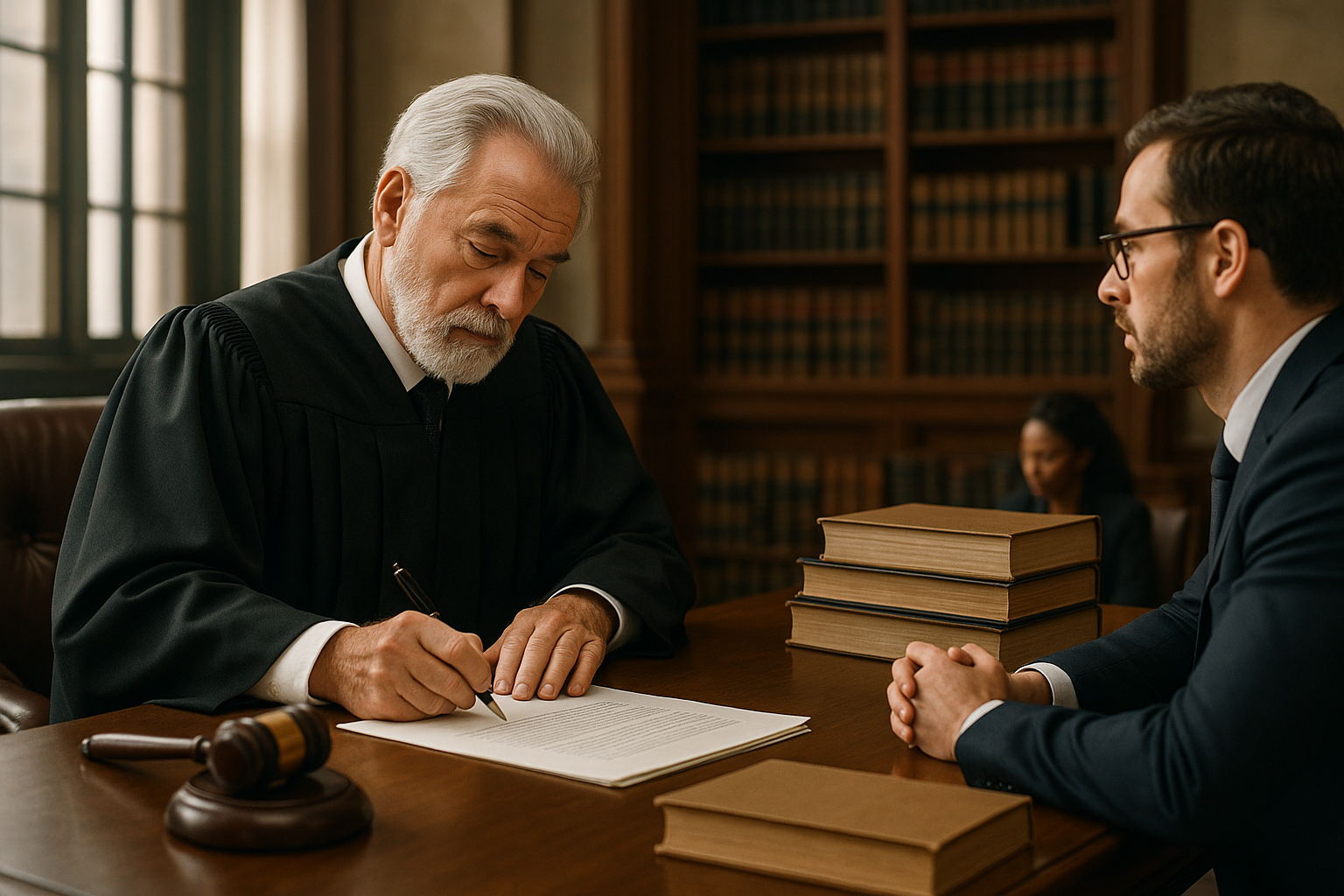The Ultimate Guide to Accessing Pro Bono Legal Support for Personal Injury Cases
When faced with a personal injury case, finding affordable legal representation can be challenging. Pro bono legal services offer a lifeline to those who cannot afford traditional legal fees. This comprehensive guide will walk you through the process of accessing free legal support for your personal injury case, providing valuable insights and resources to help you navigate this complex terrain.

What is pro bono legal support for personal injury cases?
Pro bono legal support refers to free legal services provided by attorneys or law firms to individuals who cannot afford to pay for legal representation. In the context of personal injury cases, pro bono services can include legal advice, representation in court, and assistance with paperwork and negotiations. These services are typically offered to low-income individuals or those facing financial hardship due to their injuries.
How can I determine if I qualify for pro bono legal assistance?
Eligibility for pro bono legal support varies depending on the organization or program offering the services. Generally, factors considered include:
-
Income level: Most programs have income thresholds based on federal poverty guidelines.
-
Nature of the case: Some organizations specialize in specific types of personal injury cases.
-
Potential merit of the case: Pro bono services may prioritize cases with a higher likelihood of success.
-
Available resources: The capacity of pro bono programs can limit the number of cases they accept.
To determine your eligibility, contact local legal aid organizations, bar associations, or law school clinics for specific requirements and application processes.
Where can I find pro bono legal services for personal injury cases?
Several resources are available to help you locate free legal support for your personal injury case:
-
Legal Aid Organizations: These non-profit entities provide free legal services to low-income individuals.
-
Bar Associations: Many state and local bar associations have pro bono programs or can refer you to available services.
-
Law School Clinics: Many law schools operate clinics where law students, supervised by experienced attorneys, provide free legal assistance.
-
Pro Bono Directories: Websites like Pro Bono Net and the American Bar Association’s Pro Bono Resource Center offer searchable databases of pro bono services.
-
Court-Based Self-Help Centers: Some courthouses have self-help centers that can provide information on accessing free legal support.
What types of personal injury cases typically qualify for pro bono assistance?
While pro bono services can potentially cover a wide range of personal injury cases, some types are more commonly accepted:
-
Slip and fall accidents
-
Car accidents
-
Workplace injuries
-
Medical malpractice
-
Product liability cases
-
Assault and battery
It’s important to note that the availability of pro bono services for specific case types may vary depending on the organization and local resources.
How can I maximize my chances of securing pro bono legal support?
To increase your likelihood of obtaining free legal assistance for your personal injury case:
-
Gather all relevant documentation: Organize medical records, police reports, and other evidence related to your case.
-
Be prepared to demonstrate financial need: Have recent pay stubs, tax returns, and other financial documents ready.
-
Act promptly: Many pro bono services have limited capacity, so apply as soon as possible after your injury.
-
Be honest and transparent: Provide accurate information about your case and financial situation.
-
Consider multiple options: Apply to several pro bono programs to increase your chances of acceptance.
-
Be patient and persistent: The process may take time, so follow up regularly on your applications.
What are the potential limitations of pro bono legal support?
While pro bono legal services can be invaluable, it’s important to understand their potential limitations:
-
Limited resources: Pro bono programs may have fewer resources compared to private law firms.
-
Time constraints: Attorneys providing pro bono services may have limited availability.
-
Case selectivity: Not all cases will be accepted due to resource constraints or merit assessments.
-
Scope of services: Some pro bono programs may offer limited services rather than full representation.
-
Experience levels: In some cases, less experienced attorneys or supervised law students may handle pro bono cases.
Despite these potential limitations, pro bono legal support can still provide crucial assistance for those who would otherwise be unable to access legal representation for their personal injury cases.
| Organization | Services Offered | Key Features/Benefits |
|---|---|---|
| Legal Aid Society | Full representation, legal advice | Comprehensive services for low-income individuals |
| American Bar Association Pro Bono Program | Referrals to local pro bono attorneys | Nationwide network of volunteer lawyers |
| Law School Clinics (e.g., Harvard Legal Aid Bureau) | Legal representation, document preparation | Hands-on experience for law students, supervised by experienced attorneys |
| Pro Bono Net | Online resources, referrals to local services | Extensive database of pro bono opportunities |
| Lawyers Without Borders | International pro bono legal support | Specialized assistance for cross-border cases |
In conclusion, accessing pro bono legal support for personal injury cases requires patience, persistence, and a thorough understanding of available resources. By leveraging the information and strategies outlined in this guide, you can navigate the process more effectively and increase your chances of securing the free legal assistance you need. Remember that while pro bono services may have limitations, they can provide crucial support in pursuing justice for your personal injury case.




